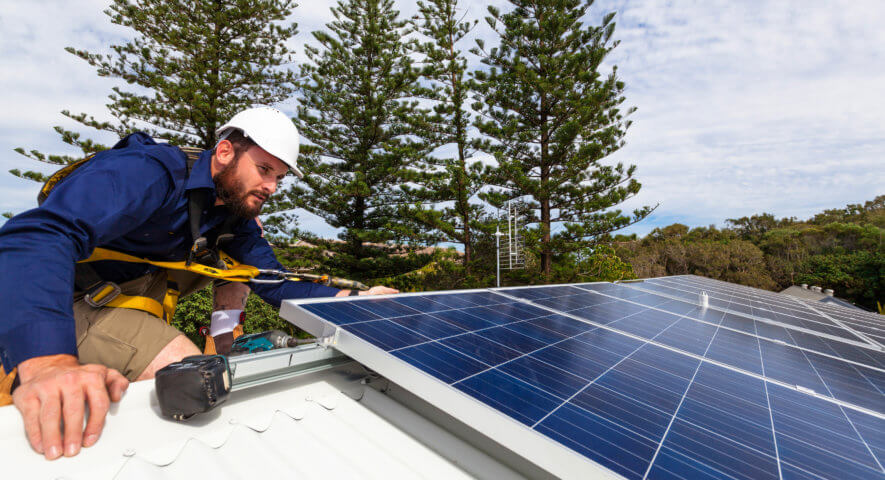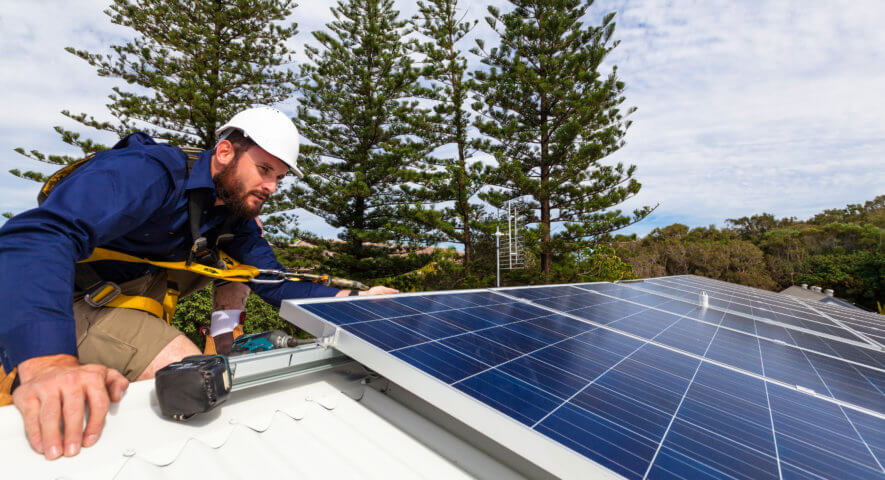
Earlier this month, leading American and British economists released the results of their examination of economic stimulus projects launched in the wake of the 2008 recession and their paper has some good news.
Boosting renewable energy or energy efficiency creates more jobs, delivers higher short-term returns and leads to increased long-term cost savings relative to traditional stimulus measures, say the authors.
The authors examined more than 700 economic stimulus policies launched during or since the 2008 financial crisis, and surveyed 231 experts from 53 countries, including senior officials from finance ministries and central banks.
No strangers to policy development, the lead authors, including Cameron Hepburn, Brian O’Callaghan, Nicholas Stern, Joseph Stiglitz and Dimitri Zenghelis, said that countries like Canada should focus on backing clean projects, such as solar or wind farms, and upgrading electric grids.
The study also recommended government develop policies to scale-up renovations and retrofits to improve building efficiency, education and training, and design projects to restore or preserve nature.
Their policy recommendations make sense for Canada and provinces like New Brunswick.
I especially appreciated the authors analysis that tackled the caterwauling that does get a lot of media attention in N.B. — debt.
“Concerns about total global debt are also frequently expressed — however, it is only relevant in that it reflects underlying challenges, such as growing inequality, or in that it creates vulnerabilities from systemic financial interlinkages between entities. For every debtor there is a creditor, and what matters is whether borrowing is used to invest in sustainably productive assets. With rates low and the prospect that borrowing will boost nominal GDP with multipliers greater than one, the cost of servicing debt induced from a large fiscal stimulus is low and, in most cases, sustainable.”
You can read the May 5, 2020 Global News article here.You can read the entire paper here.
And, just a reminder — the Conservation Council released its letter to Premier Blaine Higgs calling for an economic recovery plan for New Brunswick that ensures our communities are more secure, safe, healthy and resilient in the wake of the COVID-19 pandemic and as citizens continue to deal with the impacts of climate change and extreme weather.
The council’s recommendations, published April 23 in an open letter to Premier Blaine Higgs, focus on three priorities: building food security; building community and ecosystem resiliency through land and water protection; and, building an affordable, reliable and renewable electricity system. Read the letter here: English | French.
More than two dozen organizations and 400 New Brunswickers have signed on to our call for a #BetterThanNormal recovery in N.B. Click here to add your voice.
Recommended links:


